Golf carts wheels, the unsung heroes of the green, play a pivotal role in determining the performance, style, and overall experience of your golf cart. Join us as we delve into the fascinating world of golf cart wheels, exploring their types, customization options, and performance characteristics, providing you with the knowledge to make informed decisions and elevate your golf cart to new heights.
From understanding the intricacies of wheel size and fitment to mastering the art of tire and wheel combinations, this guide will equip you with the essential knowledge to navigate the world of golf cart wheels with confidence. Whether you seek to enhance the aesthetics of your cart or optimize its performance on the course, this comprehensive guide has got you covered.
Golf Cart Wheel Types
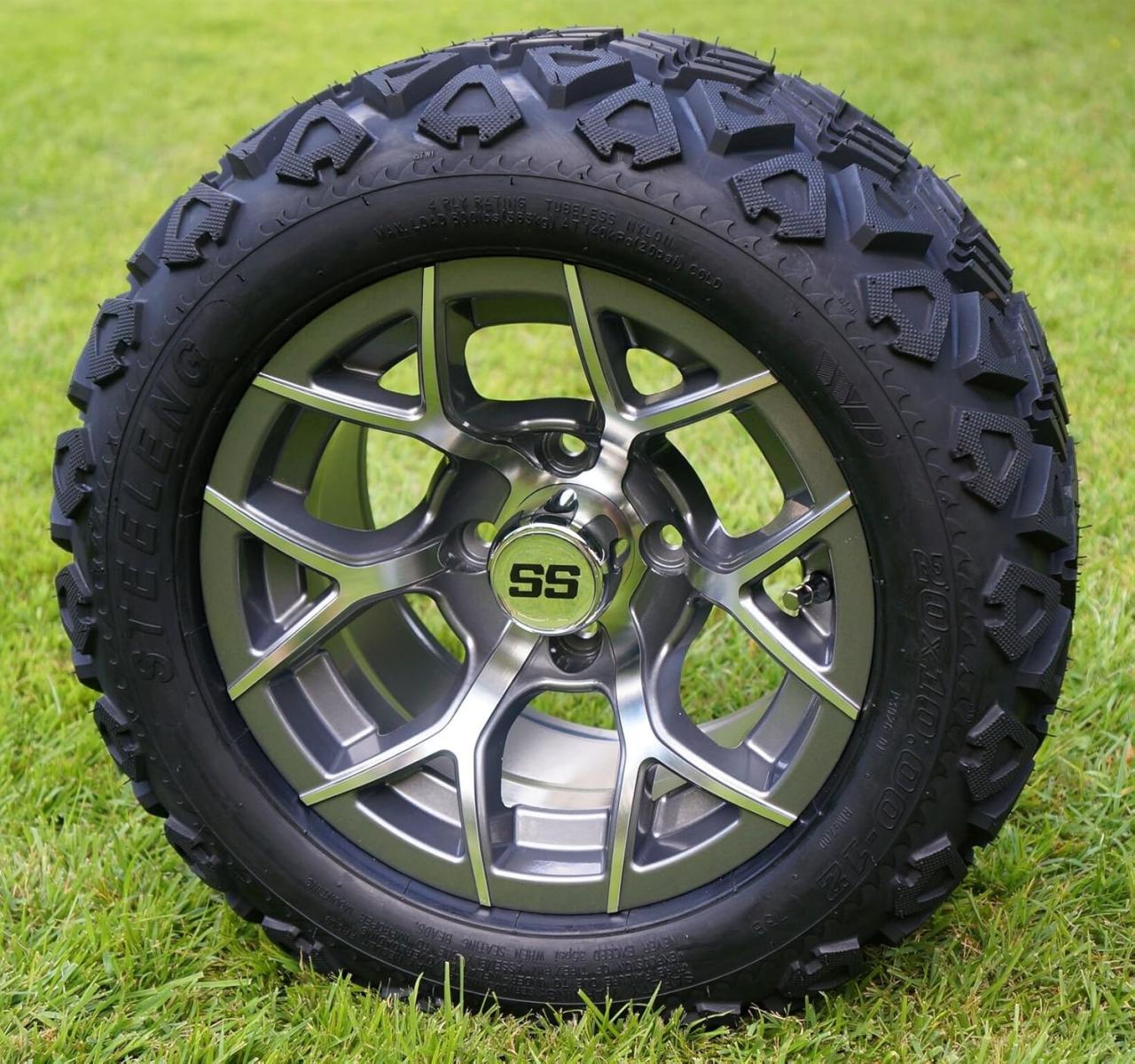
Golf cart wheels come in a variety of types, each with its own unique set of materials, designs, and performance capabilities. The most common types of golf cart wheels include:
- Steel wheels: Steel wheels are the most durable and affordable type of golf cart wheel. They are made from heavy-duty steel and are designed to withstand the rigors of off-road use. However, steel wheels are also the heaviest type of golf cart wheel, which can affect the overall performance of the cart.
- Aluminum wheels: Aluminum wheels are lighter than steel wheels, which makes them more efficient and easier to handle. They are also more resistant to corrosion than steel wheels, which makes them a good choice for use in wet or humid climates. However, aluminum wheels are more expensive than steel wheels.
- Plastic wheels: Plastic wheels are the lightest and most affordable type of golf cart wheel. They are made from a variety of materials, including polyethylene and polypropylene. Plastic wheels are not as durable as steel or aluminum wheels, but they are more resistant to damage from UV rays and chemicals.
Wheel Size and Fitment
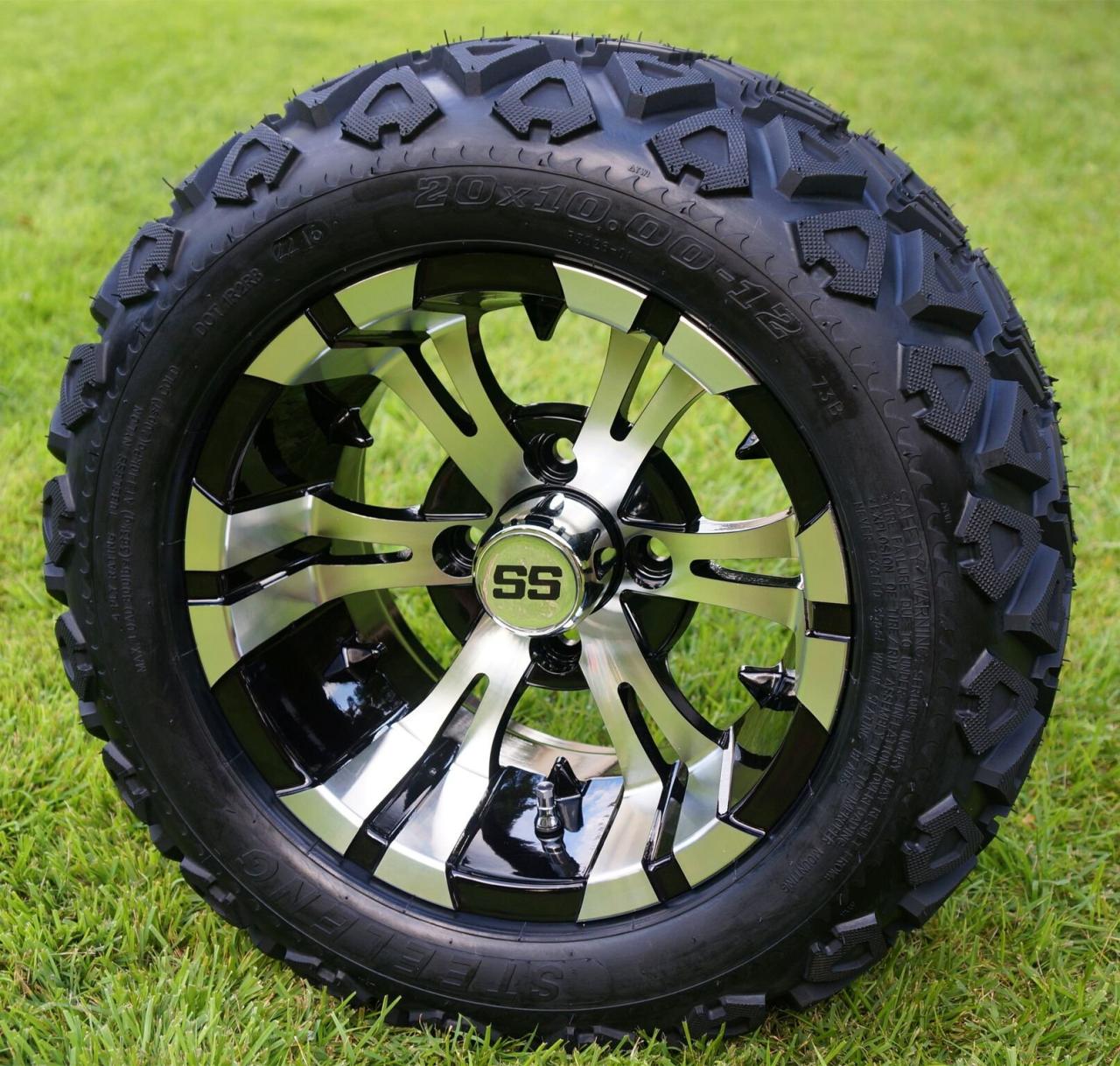
Choosing the correct wheel size for a golf cart is crucial as it significantly impacts handling, stability, and ride quality. Larger wheels provide increased ground clearance, improving the cart’s ability to navigate rough terrain and obstacles. However, they can also affect stability, particularly when cornering at high speeds. Conversely, smaller wheels offer better stability but may limit the cart’s ability to handle uneven surfaces.
Determining the Appropriate Wheel Size
The appropriate wheel size for a golf cart depends on several factors, including the cart’s model, intended use, and terrain conditions. For example, golf carts designed for off-road use typically have larger wheels to provide better ground clearance and traction. Carts intended for use on paved surfaces may have smaller wheels for improved stability and handling.
Additionally, the wheelbase of the golf cart should be considered when selecting wheel size. A longer wheelbase provides greater stability, allowing for larger wheels without compromising handling. Conversely, a shorter wheelbase may require smaller wheels to maintain stability.
It is recommended to consult the golf cart manufacturer’s specifications or a qualified mechanic to determine the appropriate wheel size for a particular model and intended use.
Tire and Wheel Combinations: Golf Carts Wheels
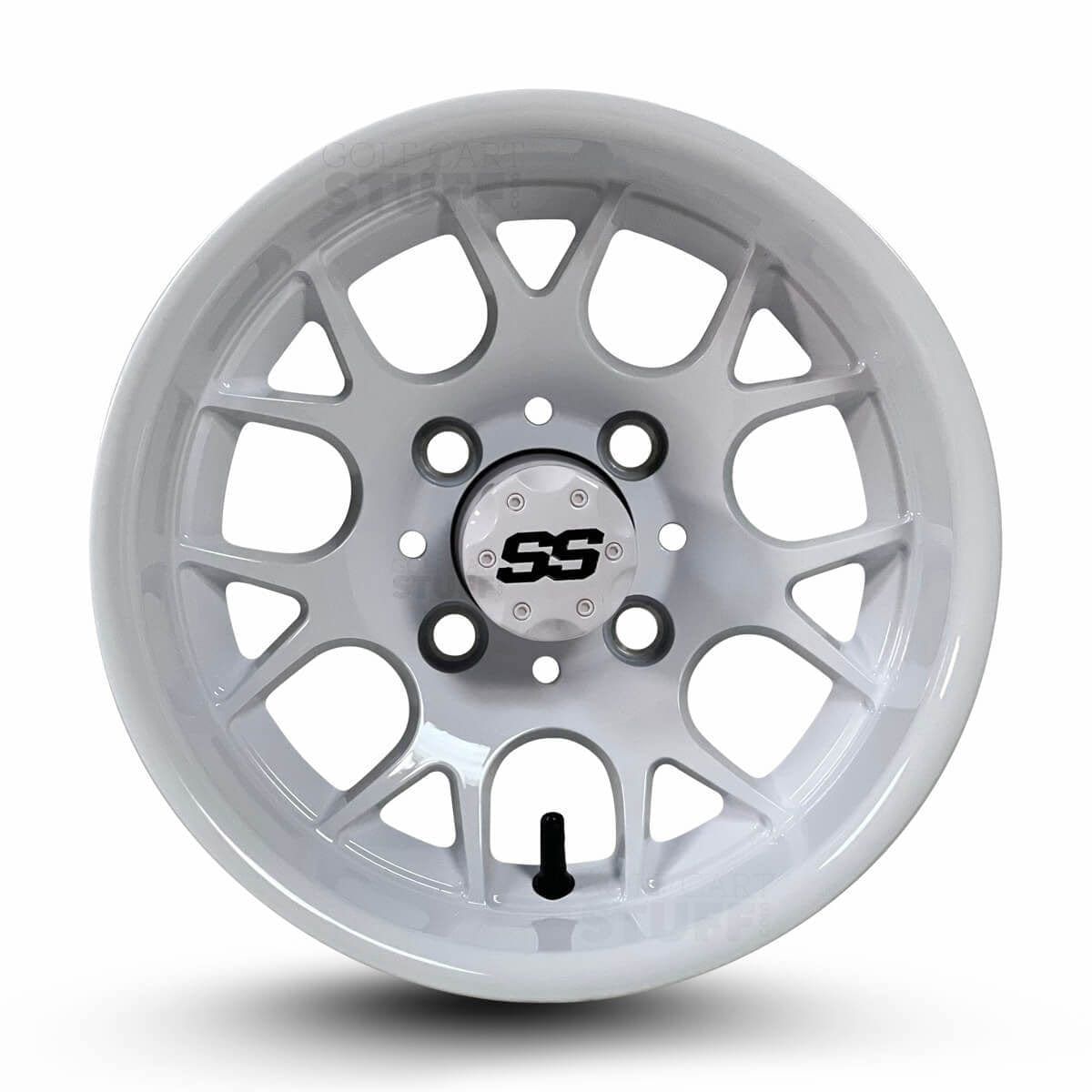
Golf cart tires and wheels play a crucial role in determining the overall performance and handling characteristics of the vehicle. The combination of tire size, tread pattern, and material can significantly impact factors such as traction, stability, speed, and ride comfort.
Tire Size
Tire size is a critical consideration when selecting a tire and wheel combination. Larger tires provide increased ground clearance and better traction, especially on uneven terrain. However, they can also increase rolling resistance and reduce top speed. Smaller tires offer less traction but are more efficient and result in higher speeds.
Tread Pattern
The tread pattern on a tire affects its traction and handling capabilities. Different tread patterns are designed for specific terrains and applications. For example, tires with aggressive tread patterns are better suited for off-road use, providing superior grip on loose surfaces. Smooth tread patterns are more efficient on paved roads, reducing rolling resistance and improving fuel economy.
Tire Material
The material used in the construction of a tire can also impact its performance. Pneumatic tires, filled with air or nitrogen, provide a smooth and comfortable ride but are susceptible to punctures. Solid tires are puncture-proof but offer a harsher ride. Non-marking tires are designed to minimize damage to delicate surfaces, making them ideal for use on golf courses and other sensitive areas.
Selecting the Optimal Combination
Choosing the optimal tire and wheel combination depends on the intended use of the golf cart. For off-road applications, larger tires with aggressive tread patterns are recommended to provide maximum traction and stability. For on-road use, smaller tires with smooth tread patterns are more efficient and result in higher speeds. It is also important to consider the weight and capacity of the golf cart when selecting a tire and wheel combination.
Wheel Maintenance and Care

Ensuring the longevity and optimal performance of golf cart wheels requires proper maintenance and care. This involves regular cleaning, lubrication, and inspection to prevent premature wear, damage, and potential safety hazards.
Cleaning the wheels regularly removes dirt, debris, and corrosive substances that can accumulate over time. Use a mild detergent and water solution and a soft brush to gently clean the wheels. Avoid using harsh chemicals or abrasive materials that could damage the finish.
Lubrication
Periodic lubrication of the wheel bearings is crucial for smooth operation and reduced friction. Use a high-quality bearing grease specifically designed for golf cart wheels. Apply the grease sparingly to the bearings, avoiding over-lubrication.
Inspection
Regular inspection of the wheels is essential to identify any potential issues early on. Check for any signs of damage, such as cracks, bends, or excessive wear. Inspect the tire pressure and ensure it meets the manufacturer’s recommendations.
Common Wheel Issues
- Flat tires: Caused by punctures, leaks, or low tire pressure.
- Worn bearings: Resulting in excessive play or noise when driving.
- Bent wheels: Occurring from impacts or collisions, affecting alignment and handling.
Troubleshooting these issues involves identifying the underlying cause and implementing appropriate solutions, such as repairing punctures, replacing worn bearings, or straightening bent wheels.
Wheel Customization
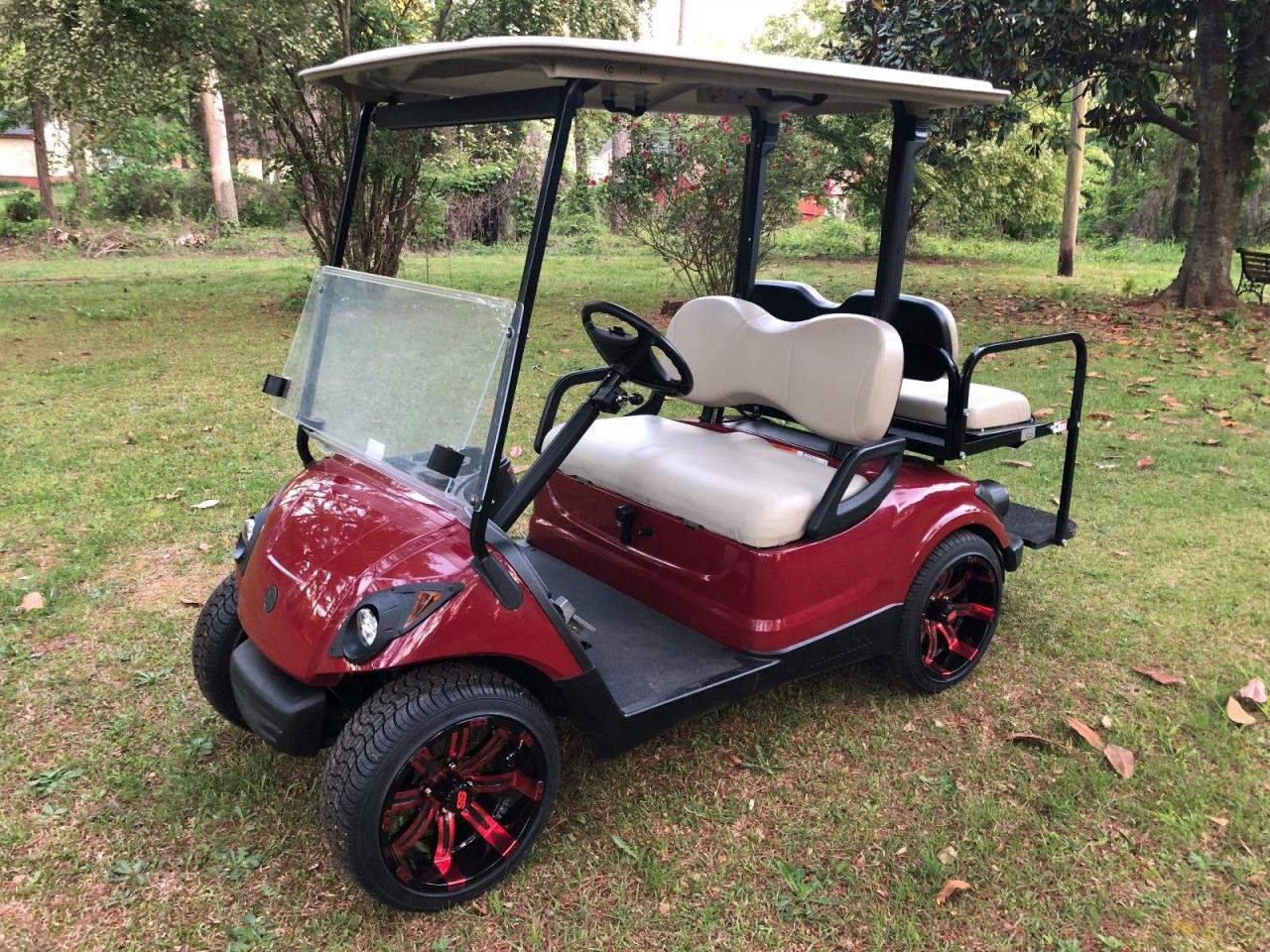
Customizing golf cart wheels can enhance their appearance and functionality. Options include different colors, finishes, and accessories.
Color Options
Golf cart wheels are available in a wide range of colors, from classic black and white to vibrant hues like red, blue, and green. Choosing a color that complements the overall design of the golf cart can create a cohesive look.
Golf carts, with their versatile wheels, have become increasingly popular for recreational and commercial purposes. For those seeking a comfortable and spacious option, a golf cart 4 seater offers ample room for passengers and gear. These carts often feature larger wheels, providing stability and enhanced performance on various terrains.
Whether you’re navigating the fairways or exploring off-road trails, the wheels of a golf cart play a crucial role in ensuring a smooth and enjoyable ride.
Finishes
Wheel finishes can range from matte to glossy. Matte finishes provide a subtle and sophisticated look, while glossy finishes create a more eye-catching appearance. Some finishes also offer added protection against scratches and corrosion.
Accessories
Accessories such as hubcaps, lug nuts, and wheel spacers can further customize the look of golf cart wheels. Hubcaps can add a decorative touch, while lug nuts can provide a secure fit and enhance the overall aesthetic. Wheel spacers can widen the stance of the golf cart, improving stability and handling.
Examples
Customizing golf cart wheels can transform the appearance and functionality of the vehicle. For example, a golf cart with black matte wheels and red hubcaps can create a sporty and aggressive look. Alternatively, a golf cart with white glossy wheels and chrome lug nuts can achieve a more classic and elegant aesthetic.
Wheel Performance Comparison
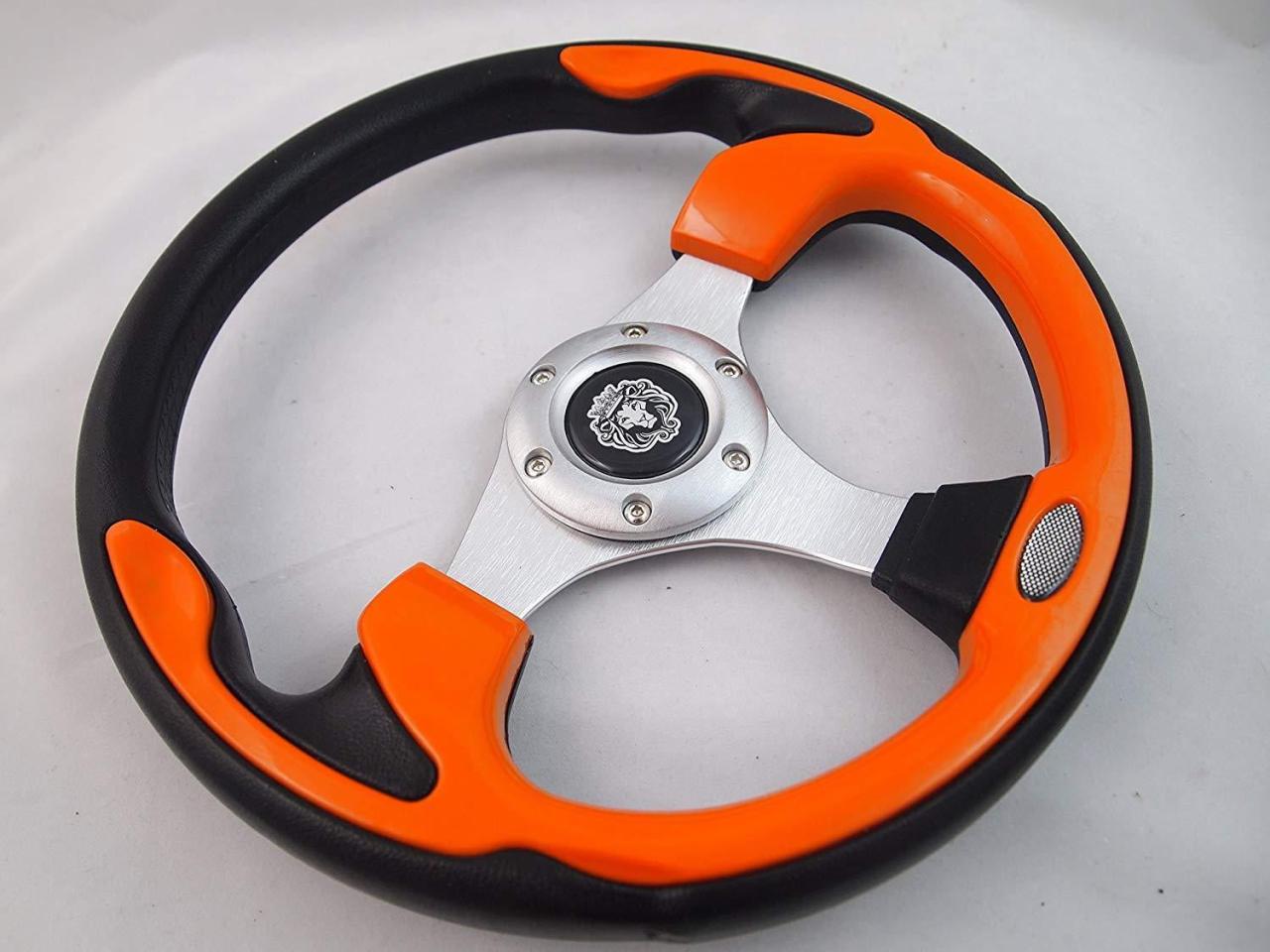
Golf cart wheels come in a variety of types, each with its own unique performance characteristics. Durability, traction, handling, and weight capacity are some of the most important factors to consider when choosing the right wheels for your cart.
The following table compares the performance characteristics of different golf cart wheel types:
| Wheel Type | Durability | Traction | Handling | Weight Capacity |
|---|---|---|---|---|
| Steel | Excellent | Good | Good | High |
| Aluminum | Good | Excellent | Excellent | Medium |
| Plastic | Fair | Poor | Poor | Low |
| Alloy | Excellent | Good | Excellent | High |
Wheel Design and Aesthetics
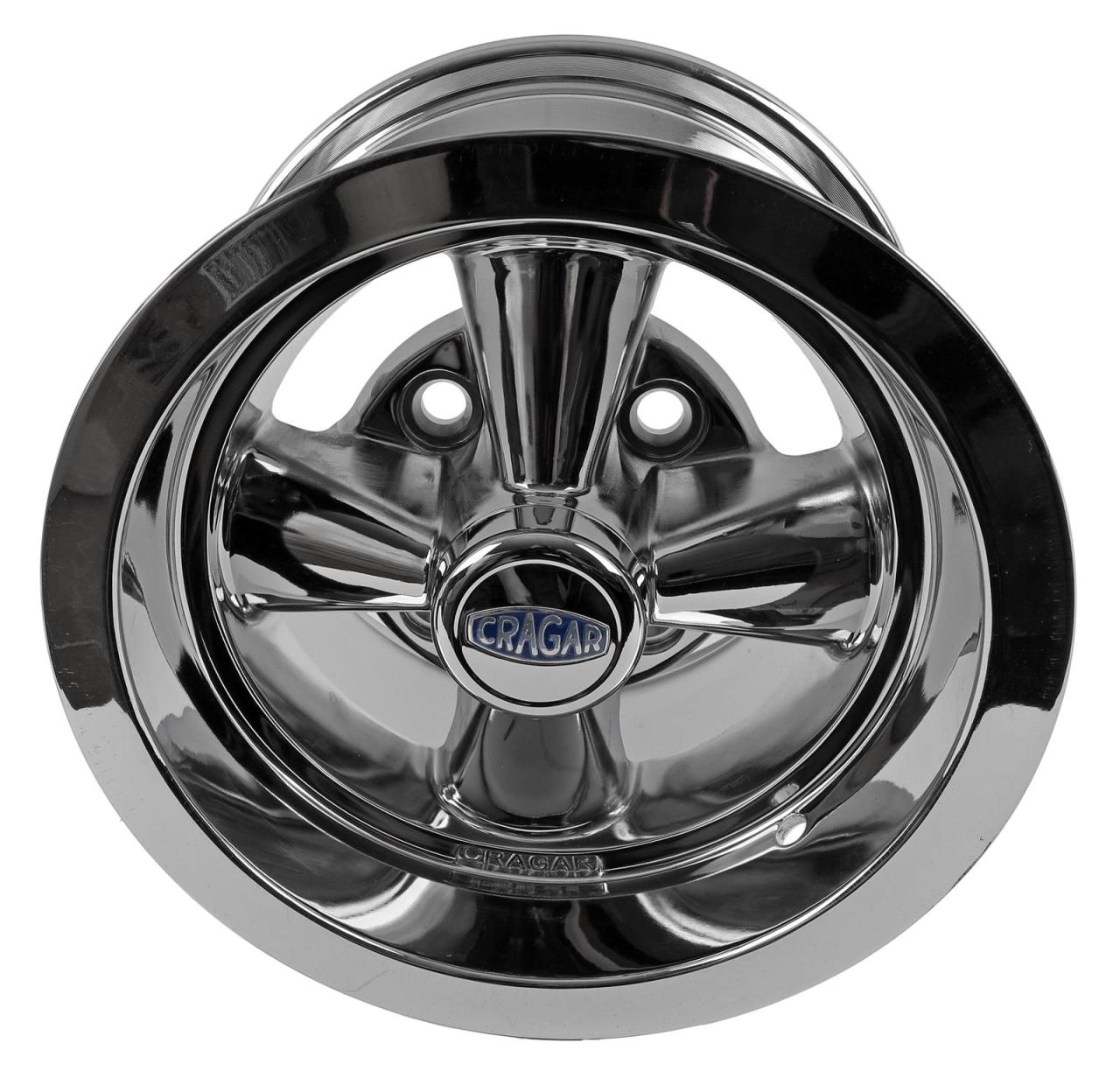
The aesthetic appeal of golf cart wheels is a crucial consideration, as they play a significant role in enhancing the overall appearance of the cart. The design of the wheels can complement the style and color scheme of the cart, creating a cohesive and visually pleasing look.
When selecting wheels, it’s essential to consider the intended use of the cart. For example, off-road carts may require more rugged wheels with larger tires to provide better traction and stability on uneven terrain. On the other hand, carts primarily used on paved surfaces can opt for smaller, sleeker wheels that prioritize style and maneuverability.
Spoke Design
The number and shape of spokes on a wheel can significantly impact its appearance. Classic designs often feature a traditional five-spoke pattern, while more modern wheels may incorporate intricate multi-spoke designs. The thickness and curvature of the spokes can also vary, creating different visual effects.
Finish and Color
The finish and color of the wheels can further enhance their aesthetic appeal. Common finishes include chrome, powder coating, and painted surfaces. Chrome wheels offer a glossy, reflective finish that adds a touch of luxury to the cart. Powder coating provides a durable, matte finish that is resistant to scratches and corrosion. Painted wheels allow for a wide range of color options, enabling owners to match or contrast the wheels with the cart’s exterior.
Custom Designs, Golf carts wheels
For those seeking a truly unique look, custom wheel designs are available. These wheels can be tailored to specific preferences, incorporating custom spoke patterns, finishes, and even engravings. Custom wheels allow owners to express their individuality and create a cart that stands out from the crowd.
Outcome Summary
As we conclude our exploration of golf cart wheels, remember that the choices you make will significantly impact your golf cart’s performance, style, and overall enjoyment. By understanding the different types of wheels available, considering the importance of wheel size and fitment, and exploring the possibilities of customization, you can transform your golf cart into a personalized masterpiece that perfectly suits your needs and preferences. Embrace the world of golf cart wheels and unlock the full potential of your golf cart experience.
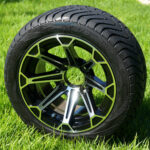
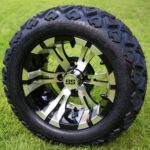
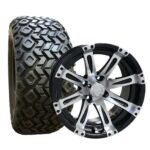
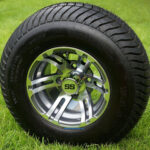

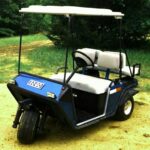

1 thought on “Golf Carts Wheels: A Comprehensive Guide to Types, Customization, and Performance”